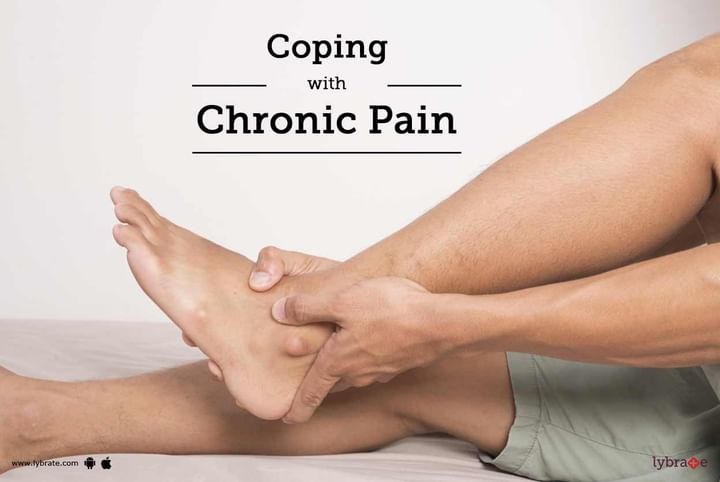Get the App
For Doctors
Login/Sign-up
Last Updated: Jan 10, 2023
BookMark
Report
Coping With Chronic Pain
Dr. Sidharth VermaPain Management Specialist • 17 Years Exp.MBBS, MD - Anaesthesiology, DNB Anaesthesiology, PDCC - Pain Management
Chronic pain is one that lasts for a long time or might even last for a lifetime. It could either be seasonal - that you would experience only in winters, or it may be persist throughout the year. There are many ways to cope with or get rid of chronic pain.
Mentioned below are ten ways in which you can deal with chronic pain:
- Meditation: Meditation and deep breathing can help ease pain and strain on the muscles. Concentrating on the breath, overlooking your thoughts, causes the body to unwind. While you can learn to meditate by yourself, taking a class is a better idea.
- Lessen stress in your life: Negative sentiments like depression, uneasiness, stress, and outrage can make the body more sensitive to pain. By figuring out how to take control of anxiety, you may discover some relief from pain.
- Help get rid of pain with the natural endorphins from exercising: Endorphins are cerebrum chemicals that enhance your mind-set while blocking pain signals. Exercise has another pain decreasing impact - it reinforces muscles, preventing re-damage and further pain. Furthermore, practice can hold your weight down, decrease heart problems and control glucose levels - particularly critical if you have diabetes.
- Cutting down on alcohol: It is not easy to rest with pain and liquor can aggravate pain issues. In case you are living with chronic pain, drinking less or no liquor can increase your pain improvement process.
- Join a care group, meet others living with chronic pain: When you are with individuals who have chronic pain and share what you are experiencing, you don't feel alone. You additionally gain advantage from their knowledge in adapting to the situation.
- Try not to smoke: Smoking can intensify pain flow issues and increase danger of heart or respiratory diseases
- Track your pain level and exercises each day: To treat the pain, your specialist needs to know how you have been feeling between visits. This will help in prescribing the right kind of exercise so that your muscles get their strength. Keeping a log or diary of your everyday "pain score" will help you track it. Towards the end of every day, take note of your agony level on the 1 to 10 pain scale.
- Get a massage for chronic pain: Massages can decrease stretch and soothe strain - and is being utilized by individuals living with a wide range of chronic pain, including back and neck pain.
- A sound eating routine: A nutritious diet is essential from multiple points of view - supporting your digestive system, reducing the risk of heart diseases, keeping your weight under control, and enhancing glucose levels. To eat a low-fat, low-sodium diet, these are important: new leafy foods; cooked dried beans and peas; entire grain breads and oats; low-fat cheese, milk and yogurt.
- Discover approaches to keep yourself occupied: When you concentrate on pain, it worsens as opposed to getting better. Rather, discover something you like doing - a movement that keeps you occupied and thinking about things other than your pain. You will not have the capacity to maintain a distance from pain, but rather you can take control of your life.
In case you are unable to get relief, visit an interventional pain physician and seek urgent medical attention.



+1.svg)
